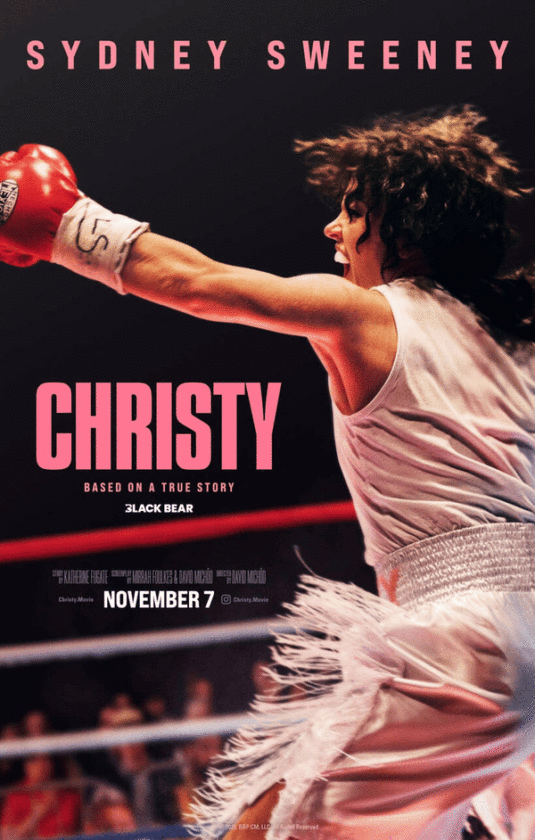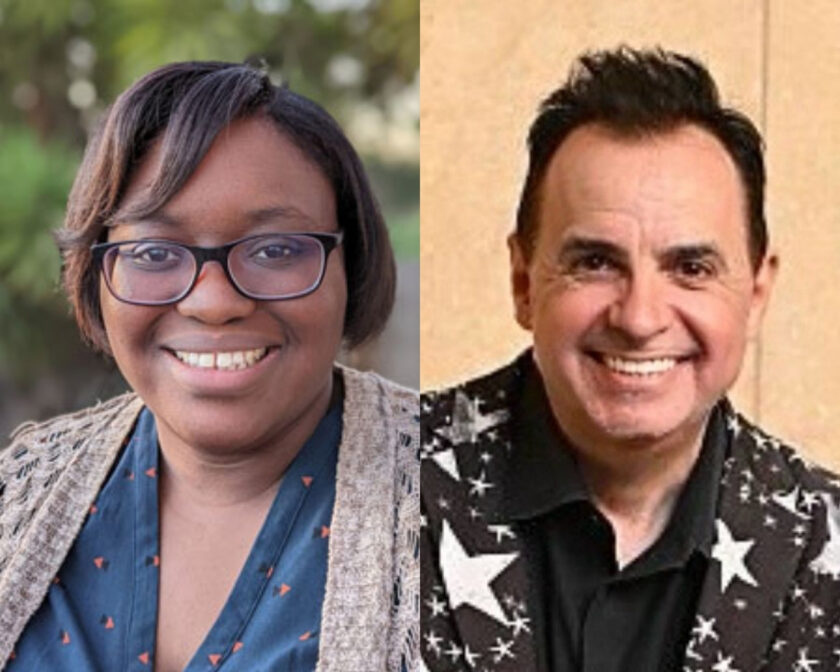Saturday, April 17, 2004 5:09 PM
BY MICHAEL COLLINS
Over forty people attended the “Opening the Door – Covering Celebrity Trials” event at the Press Club March 4. “The nature of celebrity has changed, and in turn the nature of celebrity trials,” said moderator, Ted Johnson. “But what has this meant for the judicial system?”

To answer were panelists Linda Deutsch, Harvey Levin and Judge Charles Rubin. Deutsch is a nationally renowned special correspondent for the Associated Press and has covered famous trials including those of Sirhan Sirhan, Charles Manson and O.J. Simpson. Nine-time Emmy winner
Levin is creator and executive producer of the syndicated TV series “Celebrity Justice” and has covered numerous cases for CBS stations across the country. Rubin is a Superior Court Judge who was a deputy D.A. for L.A. County and a trial attorney in prior practice. He has presided over cases including George Michael, Halle Berry, Zsa Zsa Gabor, and the pre-trials of Eric and Lyle Menendez. Discussion began with the Michael Jackson case. Levin thought that Jackson’s impromptu dance in front of adoring fans was a fiasco for his attorney. “It was an utter dis- aster for Mark Geragos,” Levin said. “He clearly was not in control of his client.” Deutsch’s take was that it was an attempt to show how an innocent star would act in front of a crowd. She noted that Jackson “had a very preconceived plan.”
Johnson felt Gabor’s behavior altered future conduct in celebrity trials. Gabor was tried for slapping a Beverly Hills police officer. Rubin portrayed the sassy actress as a master of manipulation. “She did this for publicity – she did it for herself,” he said. “I issued a gag order in the Zsa Zsa case and it was violated repeatedly. But it would have been twenty times worse without it.”
While Rubin maintained that gag orders show who’s in charge, Deutsch disagreed, provoking a lively exchange. “Gag orders are my pet peeve,” she said. “They are an insidious way to muzzle the press.” Deutsch posited that they were an infringement of the First Amendment right of those gagged and the media. She pointed out that a gag order is only issued after the prosecution has pre- sented its case. “It does seem a bit unfair,” Deutsch said. “I feel it gags one side and by the time it’s trial, it’s too late.”
Rubin defended gag orders, maintaining that the prosecution must prove a case beyond a reasonable doubt while the defense isn’t as constrained. One point all agreed on is that the line between the judicial system and entertainment is getting blurred by the media itself. “Cameras can influence a case,” Levin cautioned.



